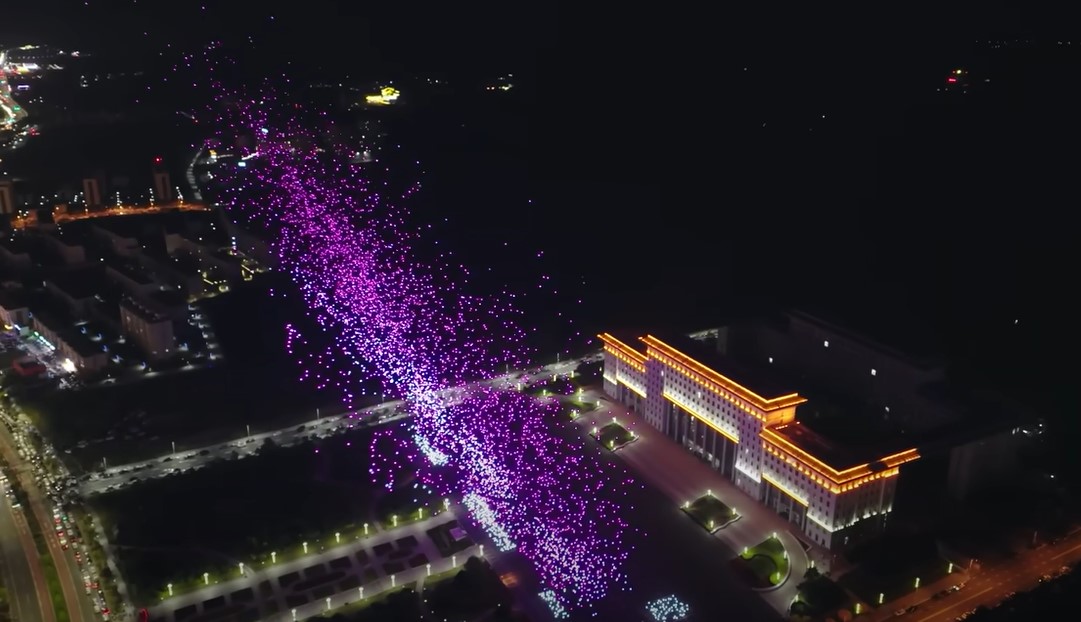 Parler
Parler Gab
Gab
- OpenAI CEO Sam Altman claims Meta has offered signing bonuses up to $100 million and large compensation packages to lure top OpenAI talent, but says none of the company's "best people" have left.
- Altman criticized Meta's approach, arguing that high guaranteed pay and efforts to copy OpenAI undermine innovation and create a culture that doesn't support true AI breakthroughs.
- Frustrated by Meta's lagging AI progress, Mark Zuckerberg is investing billions into a new "superintelligence" initiative and recently took a $14.3 billion stake in Scale AI, a leading data-labeling startup.
- Meta has hired Jack Rae from Google DeepMind and Johan Schalkwyk from Sesame AI, with Alexandr Wang of Scale AI expected to lead a new AI research lab within Meta.
- Zuckerberg has taken a hands-on role in talent acquisition, personally meeting candidates and mirroring Google and Microsoft's strategy of taking major stakes in AI startups rather than full acquisitions.
Zuckerberg ramping up efforts to catch up in AI race
Altman's revelation came after CNBC reported that Meta CEO Mark Zuckerberg has been ramping up efforts to catch up in the AI race, investing billions to build out a new "superintelligence" lab. The company's Meta AI division is behind the Llama family of open-source large language models, which have become foundational tools for many developers. According to the report, Zuckerberg's frustrations with Meta's AI progress led to the recent $14.3 billion deal for a 49 percent stake in Scale AI, the data-labeling startup founded by Alexandr Wang in 2016. Zuckerberg sees Wang as a transformational figure, a "wartime CEO" who understands both the technical foundations of AI and the business discipline needed to scale it. Wang is expected to lead a new AI research lab within Meta, bringing along key members of his team. Rather than acquiring Scale AI outright, Meta is following a playbook similar to recent moves by Google and Microsoft, who have taken large stakes in AI startups like Character.AI and Inflection AI. Scale AI has become an essential player in the generative AI space by providing data infrastructure to power training for companies like OpenAI, Google, Microsoft and Meta itself, which is one of its largest customers. (Related: Meta acquires $14.8B stake in Scale AI as Zuckerberg pushes for AI supremacy.) Meta has also recently hired Jack Rae, a principal researcher at Google DeepMind, who confirmed he is leaving the company to join Meta. Rae, who confirmed he is leaving the company to join Meta, will be part of a newly formed elite unit focused on building artificial general intelligence (AGI), a more advanced and flexible form of AI. Also joining is Johan Schalkwyk, a veteran machine learning leader from AI voice startup Sesame AI Inc. Zuckerberg has been personally recruiting top minds for the group, sometimes meeting candidates at his homes in Lake Tahoe and Palo Alto. Visit BigTech.news for more similar stories. Watch this video of Google and Big Pharma being exposed through a Meta-AI analysis. This video is from the Haixus channel on Brighteon.com.More related stories:
Mark Zuckerberg's Meta allegedly trained AI on millions of stolen books from "shadow libraries."
Meta admits to training its AI models with public info from Aussie users posted SINCE 2007.
Sources include: Technocracy.news CNBC.com 1 CNBC.com 2 CNBCTV18.com Brighteon.comCOPPA 2.0 sparks privacy debate: Balancing child safety and surveillance concerns
By Willow Tohi // Share
AI doctors on the horizon? Pharma could replace human physicians with algorithmic prescriptions
By Finn Heartley // Share
AI training’s “fair use” wins over books, but court leaves piracy bill on tech’s table
By Willow Tohi // Share
Teachers embrace AI for lesson planning but warn of declining student critical thinking
By Cassie B. // Share
Governments continue to obscure COVID-19 vaccine data amid rising concerns over excess deaths
By patricklewis // Share
Tech giant Microsoft backs EXTINCTION with its support of carbon capture programs
By ramontomeydw // Share
Germany to resume arms exports to Israel despite repeated ceasefire violations
By isabelle // Share









